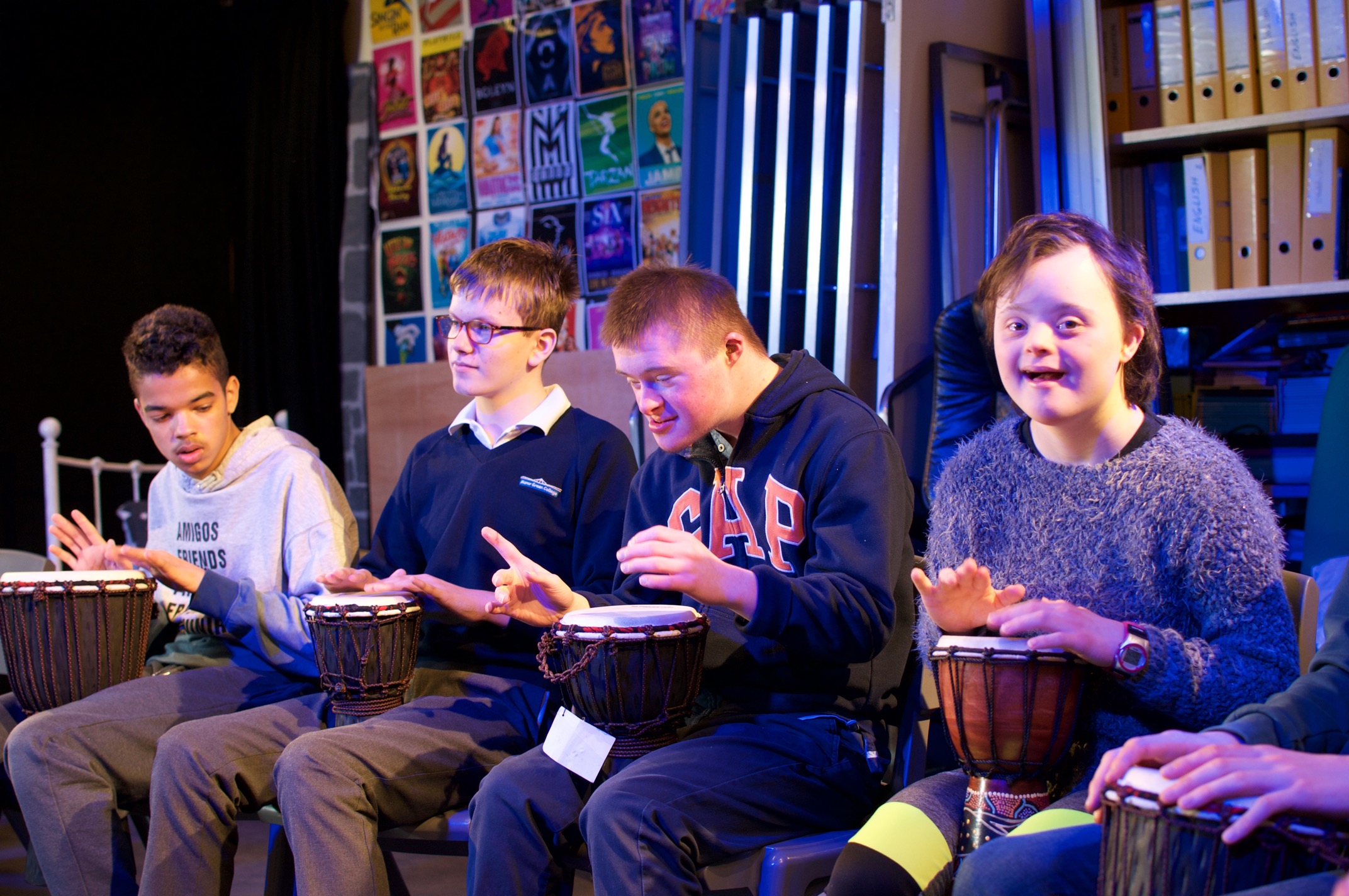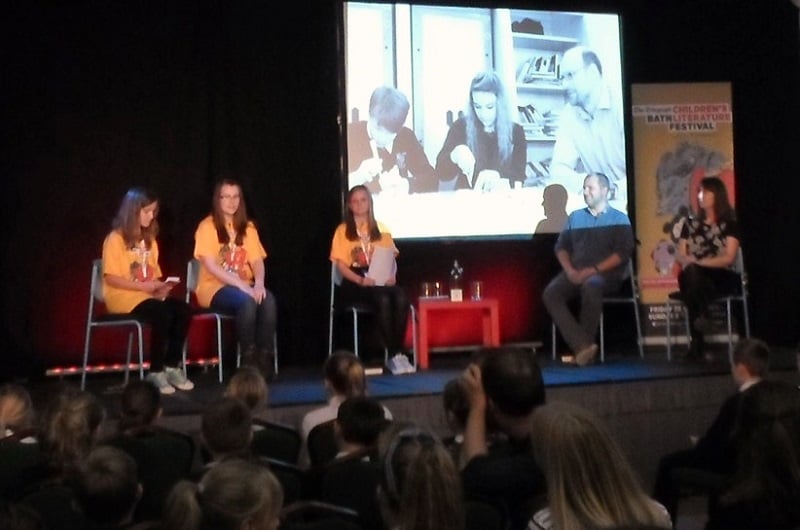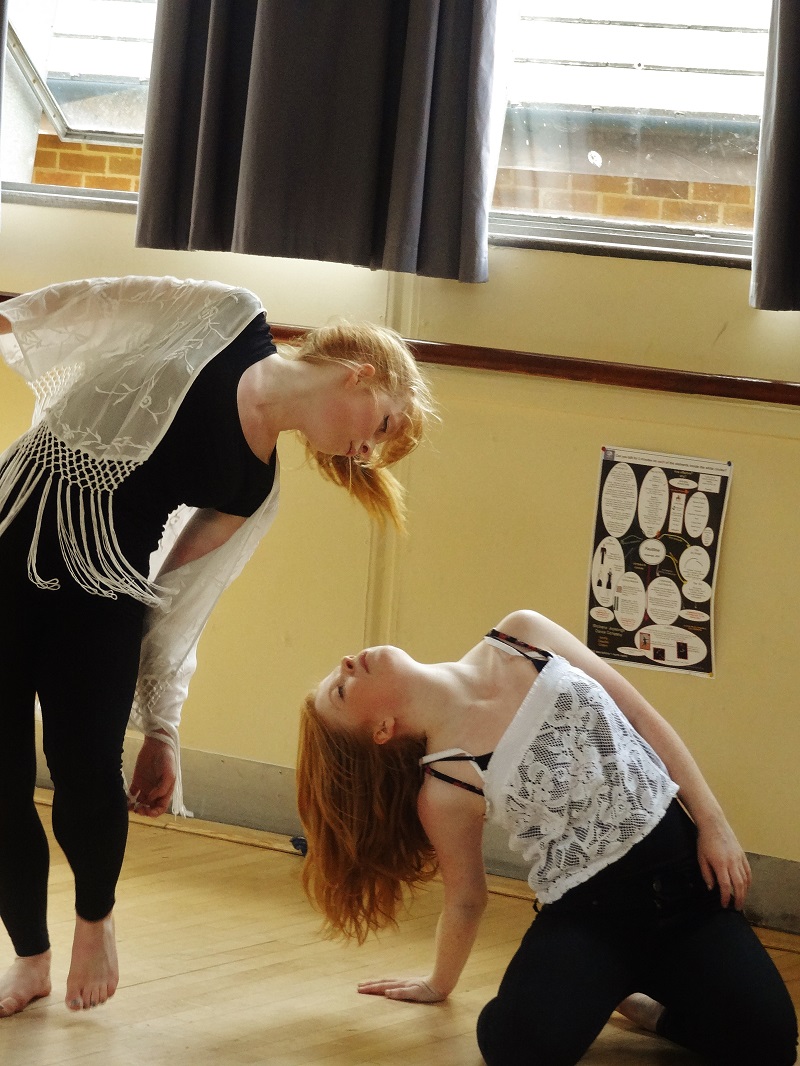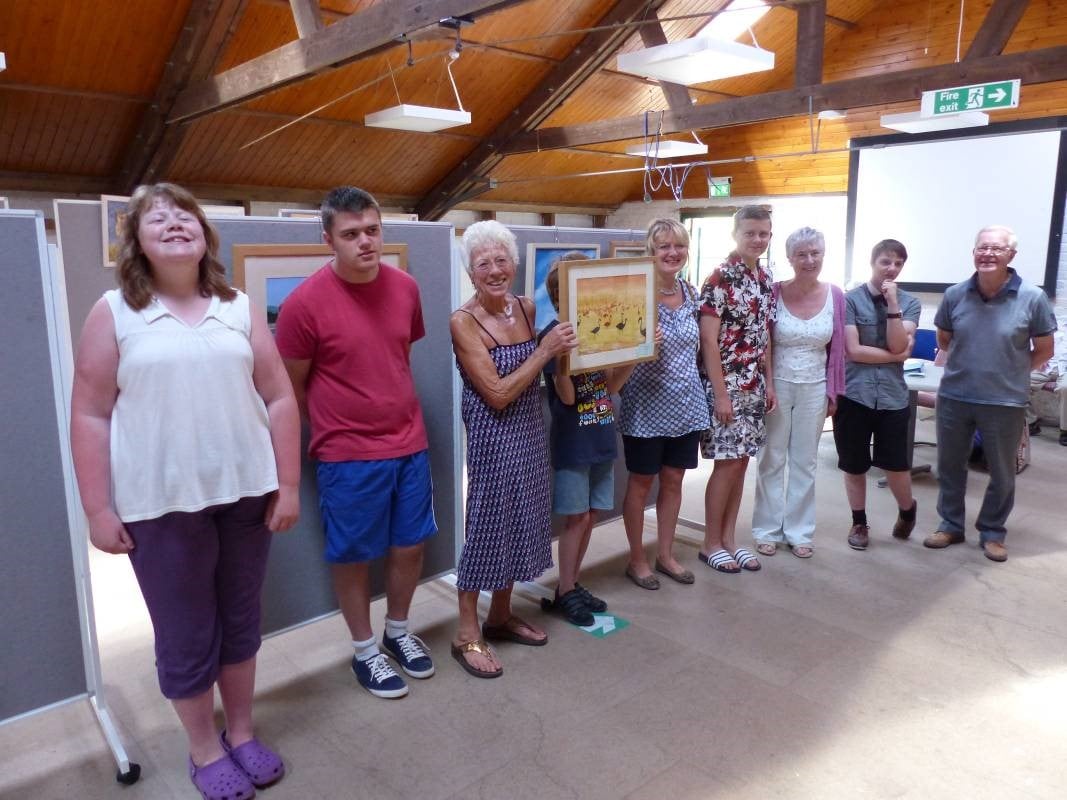
Support for young people with learning difficulties
BY: Kat Stapley-Smith
17 Jan 2022
Arts Award is designed to be accessible to young people with a range of abilities, backgrounds and individual learning requirements. Because it measures and supports each individual’s personal progress, it is ideal for young people who face barriers to learning or who may not be able to access other qualifications. Young people can collect evidence for their Arts Award in a range of formats, meaning that non-verbal or less confident communicators can be supported to achieve the qualification.
Flexible framework
The framework offers a degree of flexibility so that young people can take part in arts activities that they are interested in and are appropriate for them. As an adviser, you can support your young people to access and take part in arts activities.
Creative evidencing
Young people need to show evidence of their participation and progress at each level of the awards. They need to demonstrate a level of communication, but this doesn’t need to be verbal or written. Evidence can be captured in a number of ways, such as using signing and symbols to indicate preference, choice or enjoyment (eg PECS and Makaton); photographs; audio/video recordings; scribed work; sketches; witness statements.
Time
There is no time limit for doing the awards, so advisers can plan timetables and session times appropriate to the needs of the young people they are working with (but remember the awards are only open to young people aged 25 and under).
Resources
- Evidencing Arts Award: Young people with learning difficulties is a resource which gives tips and real examples of how young people with learning difficulties can evidence their achievements
- Castaway Goole Accessible Music Theatre's top tips and advice for creative evidencing with young people with learning needs
- The Valley School's guidance for delivering Bronze with young people with moderate learning difficulties
- Search for more resources on the adviser hub
- Check out our webinar recordings: Delivering an accessible Arts Award and Arts Award - Silver & Gold for young people with SEND
Find out more about the benefits of using Arts Award with young people with learning difficulties in our SEN leaflet
What next?
Read a range of case studies from centres working with young people with learning difficulties and hear what other advisers have to say about the awards.
For even more case studies from a range of settings, head to the Arts Award blog. You can also find out about the work of our current Arts Award Trinity Champion Centres.
You can find more stories from young people on Arts Award Voice, our online magazine for young people aged 13 to 25. You can search for case studies, and the young people you're working with can also post their own stories to share.
- The New School at West Heath is a Specialist Independent School catering for students aged 11-19 with a diverse range of needs. Discover, Explore, Bronze and Silver are delivered to students through the curriculum with Gold offered as an extra-curricular activity for students interested in pursuing a career in the arts.
- Parkside School is a Special School for students with complex needs from Years 3 to 11. They delivered Arts Award Discover through an Arts Week, involving all students and staff, and three visiting artists.
'In working towards the Arts Award our students learn more about themselves and their peers and begin to understand where they fit in the world around them, which is often a confusing place for a person with learning disabilities.' Sharon Ainscough, Teacher, Chatsworth School
'It is unusual to see a qualification that is fully accessible to all different sorts of learners. It measures their personal journey. We offer Arts Award from Year 10 onwards; timetabled and supported by lunch-time and out of hours clubs.' Keith Youngson, Deputy Head, Fox Hollies Special School
Information about SEN adviser training and planning your Arts Award delivery.
Information on how we can support you including case studies, resources, webinars, support sessions, materials in accessible formats and our Access Fund programme.
For in-depth advice and support on planning and delivering Arts Award in your setting, contact the Sector Support Team on ArtsAward.Enquiries@trinitycollege.co.uk.
Image: Manor Green College by Daniel Tidbury
Related posts
BY: Alan Lynch
BY: Alan Lynch
BY: Guest Writer




Comments & Replies